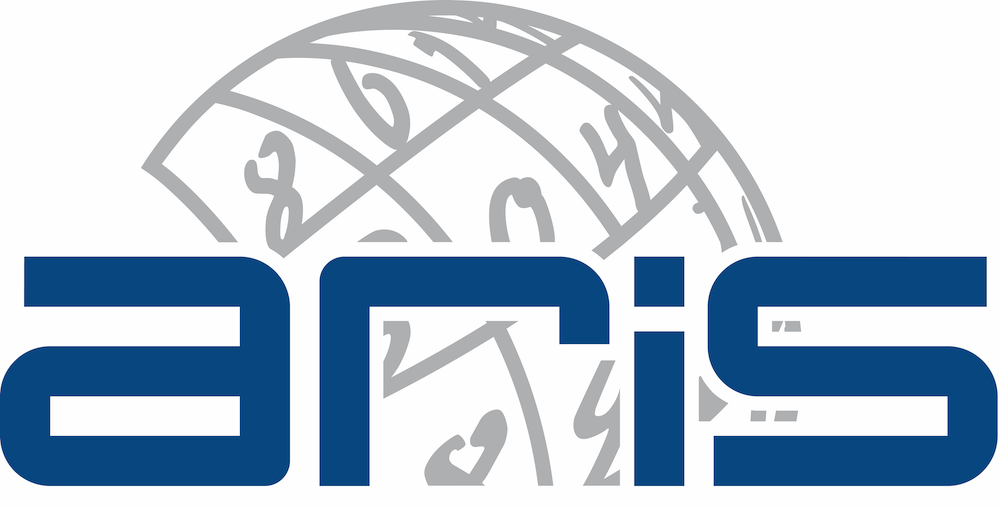Journal of Information Technology in Construction
ITcon Vol. 26, pg. 381-408, http://www.itcon.org/2021/21
Maturity-based mapping of technology and method innovation in off-site construction: conceptual frameworks
| DOI: | 10.36680/j.itcon.2021.021 | |
| submitted: | February 2021 | |
| revised: | July 2021 | |
| published: | July 2021 | |
| editor(s): | Obonyo E | |
| authors: | Alaeldin Suliman, Research Associate and Postdoctoral Fellow,
Off-Site Construction Research Centre (ORCR), University of New Brunswick (UNB); A.suliman@unb.ca Jeff Rankin, Professor and Research Chair, Department of Civil engineering, University of New Brunswick (UNB); Rankin@unb.ca | |
| summary: | The construction industry has been associated with inefficiencies. In contrast, Off-Site Construction (OSC) is a modern method of construction that has demonstrated significant improvements over conventional on-site methods. Despite that, OSC represents a tiny portion of the construction industry with a limited rate of diffusion and acceptance. One reason for that is associated with the lack or immaturity of OSC-related research and innovation benchmarking. This benchmarking helps in expanding OSC implementation as a component in driving and directing OSC research as well as roadmapping and measuring the innovation advancements. Hence, this study was intended to contribute to the OSC benchmarking by mapping innovation that paves the road towards building a strategic research and innovation roadmap in OSC. Among different innovation types, this study is limited to two types: technology-oriented and OSC method-oriented innovation. Unlike the traditional roadmaps in the literature, the envisioned roadmap design for OSC innovation in this study is based on maturity modelling. This design includes four components: framework, maturity scales, benchmarks, and targets. However, the focus of the current stage is on the developing the mapping components (framework and maturity scales). Consequently, two sets of frameworks and maturity models were developed to realize the two identified innovation types in OSC. The applicability of these frameworks and scales was demonstrated through hypothetical examples and a case study that is limited to technology-oriented research in the Canadian context. Accordingly, the subsequent case study scope embraces the last three research community meetings (2015-2019) relevant to our study in the indicated context. Based on this case study, the framework was found easy to understand, simple to implement, scalable, applicable across different contexts, and facilitates capturing benchmarks and targets. This confirms promising benefits of the developed frameworks and their effectiveness in roadmapping OSC innovation. | |
| keywords: | Conceptual benchmarking framework, off-site construction, Innovation mapping framework, Maturity modelling, Technology-oriented innovation, Method-oriented innovation | |
| full text: | (PDF file, 1.634 MB) | |
| citation: | Suliman A, Rankin J (2021). Maturity-based mapping of technology and method innovation in off-site construction: conceptual frameworks. Journal of Information Technology in Construction (ITcon), 26, 381-408. https://doi.org/10.36680/j.itcon.2021.021 | |
| statistics: |





